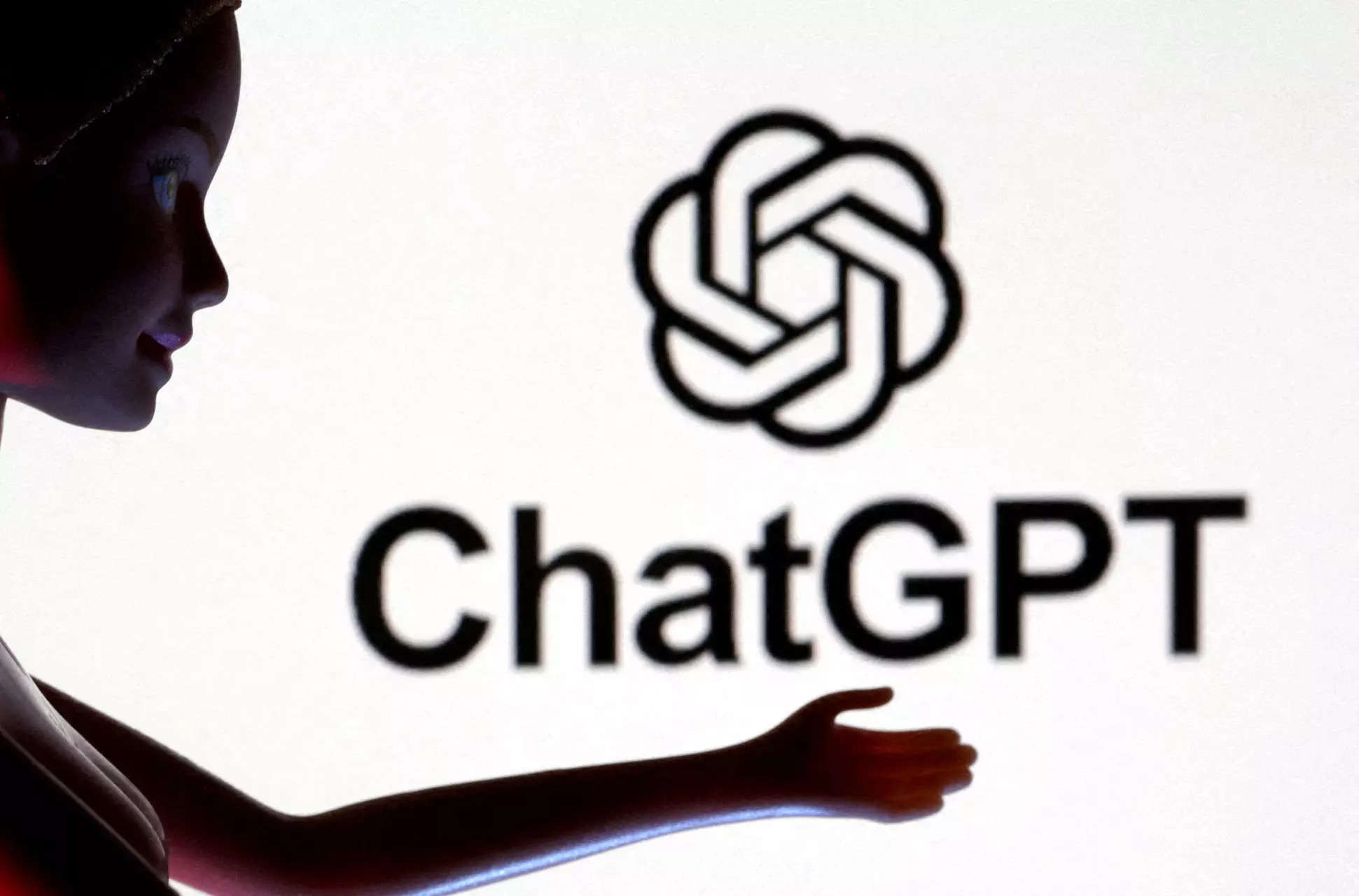ChatGPT ‘fools’ lawyer who now faces sanctions – Times of India
A US-based lawyer used ChatGPT for assistance with writing a legal brief. ChatGPT, as expected, helped the lawyer write the brief but the citations given by the AI chatbot in a case were bogus.
Lawyer Steven A Schwartz, representing a man who sued Colombian airline Avianca, admitted in an affidavit that he had used OpenAI’s chatbot for his research, according to a report in The New York Times.
How bogus citations were spotted
The opposing counsel pointed out the non-existent cases, which ChatGPT had cited in the legal brief. A US district judge confirmed that six of the submitted cases “appear to be bogus judicial decisions with bogus quotes and bogus internal citations”.
The judge has now set up a hearing as he considers sanctions for the plaintiff’s lawyers.
Schwartz said that he asked the chatbot if it was lying. When the lawyer asked for a source, ChatGPT went on to apologise for earlier confusion and insisted the case was real. Reportedly, ChatGPT also maintained that the other cases it cited were all real.
Schwartz said he was “unaware of the possibility that its content could be false.”
He “greatly regrets having utilised generative artificial intelligence to supplement the legal research performed herein and will never do so in the future without absolute verification of its authenticity.”
AI chatbots are ‘work in progress’
ChatGPT maker OpenAI, along with companies like Google and Microsoft, have said that the AI-powered chatbots are under development and the answers they provide could be incorrect. These companies have also highlighted that people should not blindly believe the answers given by these chatbots.
window.TimesApps = window.TimesApps || {}; var TimesApps = window.TimesApps; TimesApps.toiPlusEvents = function(config) { var isConfigAvailable = "toiplus_site_settings" in f && "isFBCampaignActive" in f.toiplus_site_settings && "isGoogleCampaignActive" in f.toiplus_site_settings; var isPrimeUser = window.isPrime; if (isConfigAvailable && !isPrimeUser) { loadGtagEvents(f.toiplus_site_settings.isGoogleCampaignActive); loadFBEvents(f.toiplus_site_settings.isFBCampaignActive); } else { var JarvisUrl="https://jarvis.indiatimes.com/v1/feeds/toi_plus/site_settings/643526e21443833f0c454615?db_env=published"; window.getFromClient(JarvisUrl, function(config){ if (config) { loadGtagEvents(config?.isGoogleCampaignActive); loadFBEvents(config?.isFBCampaignActive); } }) } }; })( window, document, 'script', );
For all the latest Technology News Click Here


